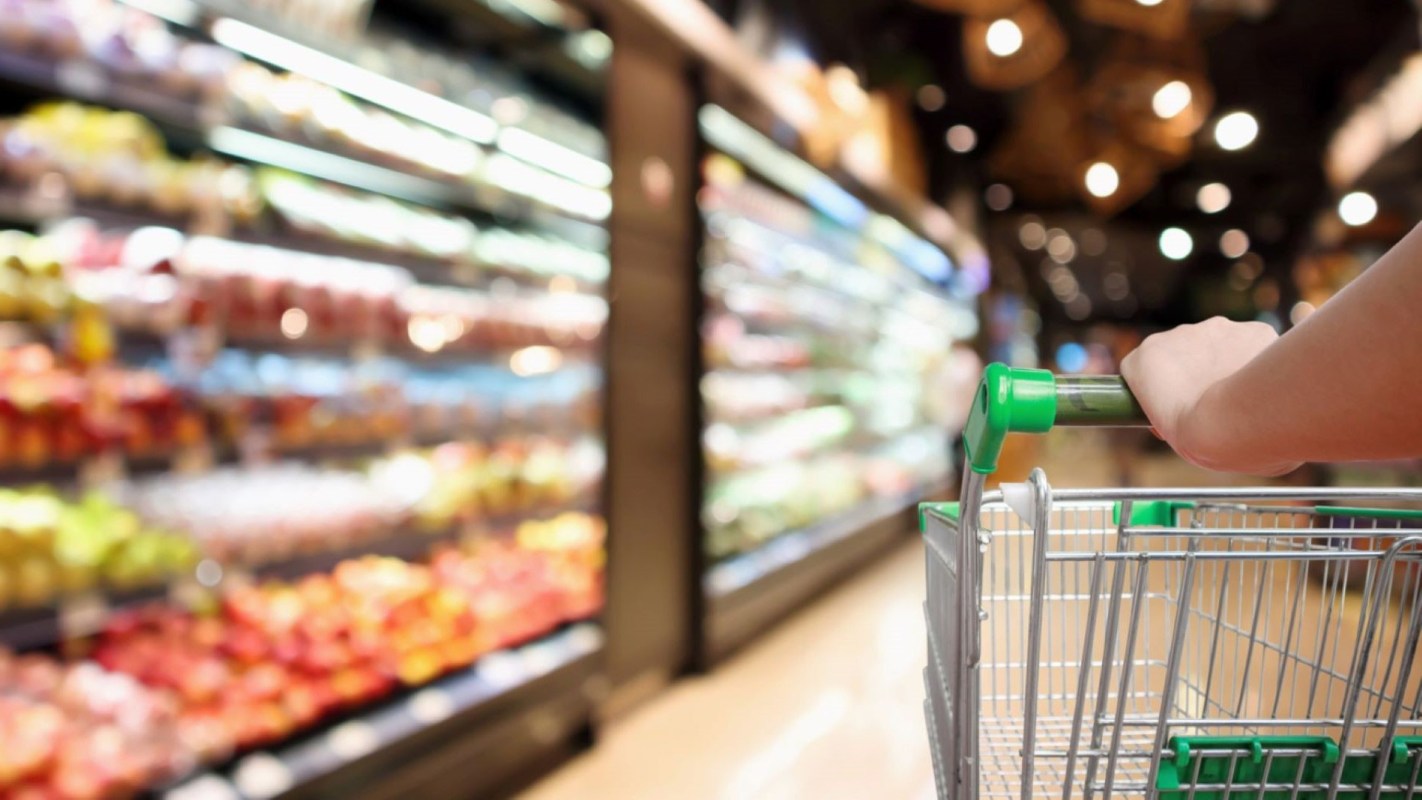Walmart appears to be taking its "Save Money, Live Better" slogan seriously, joining two other grocery chains in a pilot program that could completely change the way people shop.
CBC Radio reported in January that Walmart, Sobeys, and Metro stores in Ottawa, Canada, are planning to reduce the amount of single-use plastics in their stores by selling select food items in reusable containers.
Customers will be able to return the containers to designated locations, and as Supermarket News detailed, they won't have to deal with the hassle of cleaning them, as the retailers will handle those logistics.
The Circular Innovation Council is partnering with Environment and Climate Change Canada to implement the initiative, which will kick off in April and run through March 2025.
"We want to see high participation rates, and that will be done through proving [the] convenience," Circular Innovation Council executive director Jo-Anne St. Godard told CBC.
"We also want to prove that this doesn't cost more for the grocers or the consumers, but in fact, actually cost less because we'll be [eliminating] the need to purchase single-use plastic containers," St. Godard added.
This is yet another positive development for the future of our planet and our health after Aldi became the first grocer in the United States to remove all plastic bags from their stores.
Not only do customers shell out significant amounts of cash for single-use plastic products, with one report from the Spectrum estimating that the typical American family brings home 1,500 plastic shopping bags annually, but that plastic use may also be carrying a hidden cost.
The world produces roughly 440 million tons of plastic waste each year, according to the U.N. Environment Programme, and as plastics slowly break down, they release particles called microplastics, which have been found in everything from our drinking water to seafood to placentas donated by women.
While the effects of these tiny particles are still being studied, they have been linked to a variety of costly and dangerous health issues, including some cancers.
St. Godard indicated that even more will be done soon to create a healthier, more convenient tomorrow, though.
"[Ottawa is] big enough to demonstrate that this kind of application can happen anywhere in the country, but [it's] also small enough where maybe we can be a bit more flexible," she told CBC, noting that restaurants and other food establishments could be next to adopt the initiative.
"It's the first time we're seeing a pilot or a project that involves more than one store," added Karen Wirsig, a senior program manager of plastics at Environmental Defence. "... It's big scale on a local level, which is important."
Join our free newsletter for cool news and actionable info that makes it easy to help yourself while helping the planet.









